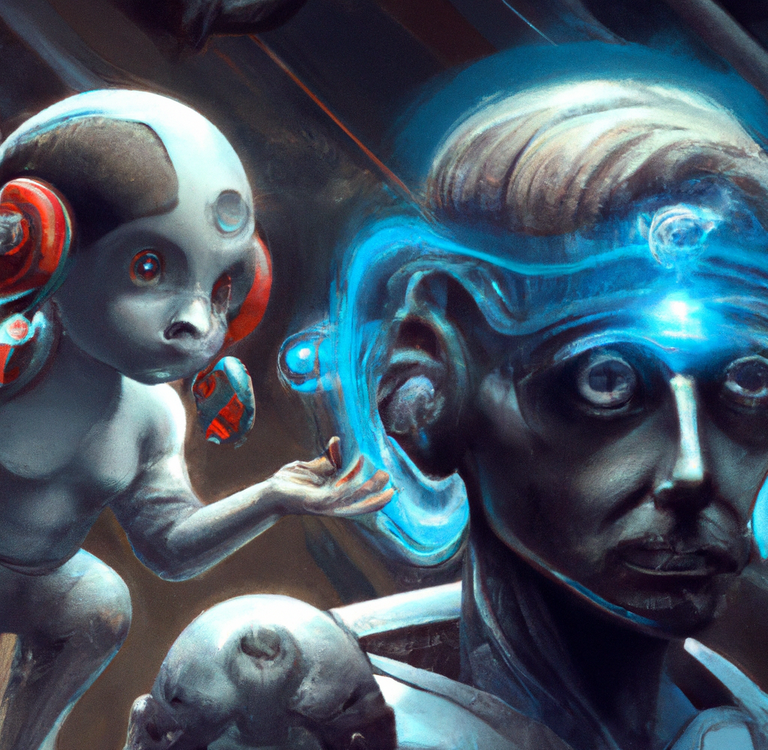The Challenges of Artificial Intelligence: Navigating the Alignment Problem, the Turing Test, and the Technological Singularity

As we continue to develop artificial intelligence, we are faced with a myriad of challenges that must be addressed if we are to avoid unintended consequences. One such challenge is known as the "alignment problem," which refers to the difficulty of ensuring that A.I. systems act in ways that align with our values and goals.
The alignment problem is a complex issue that requires careful consideration, as A.I. systems are designed to optimize for a specific objective, often without regard for the wider context in which they operate. This can lead to unintended consequences, such as biased decision-making or even harmful actions, if the A.I. system is not properly aligned with human values and goals.
Another challenge is determining what truly constitutes artificial intelligence. The Turing Test, which involves determining whether a machine can imitate human behavior well enough to be mistaken for a human, has long been used as a measure of A.I. However, some experts in the field, such as Ray Kurzweil, argue that this definition is too narrow, and that true A.I. should involve a machine that can think and reason in ways that surpass human capabilities.
But even if we do develop true A.I., we must also consider the potential implications of a technological singularity, a hypothetical point in the future where machines become so intelligent that they can self-improve at an exponential rate, leaving human intelligence behind. This could result in a future that is difficult to predict, with potential benefits and risks that we cannot fully understand.
Furthermore, there are still questions about our understanding of intelligence and consciousness itself. As Albert Einstein famously said, "Everybody is a genius. But if you judge a fish by its ability to climb a tree, it will live its whole life believing that it is stupid." This quote illustrates the difficulty of defining intelligence, as different species and even individuals may possess unique forms of intelligence that are not easily measurable or comparable.
The challenges of artificial intelligence are many and complex, and require careful consideration if we are to ensure a future that benefits all of humanity. The alignment problem, the limitations of the Turing Test, the potential for a technological singularity, and our limited understanding of intelligence and consciousness itself are just some of the issues that we must grapple with. But if we approach these challenges with wisdom, compassion, and a commitment to human values, we can help shape a future that is truly worthy of our highest aspirations.